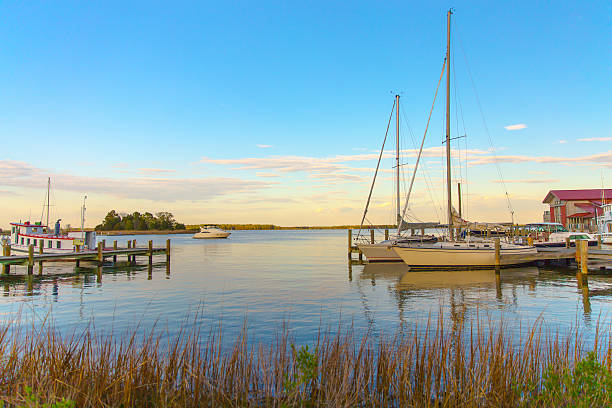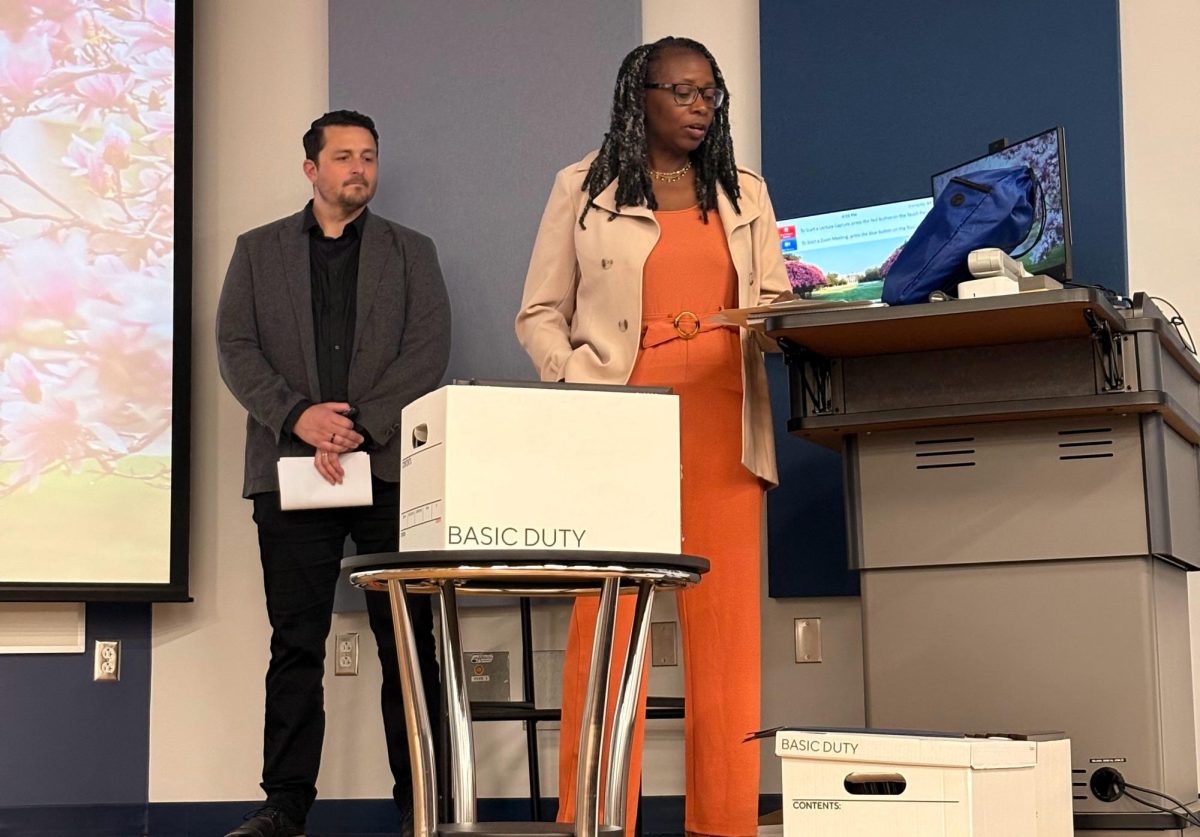According to a 2023 report from the Virginia Institute of Marine Science, the Chesapeake Bay contained the smallest dead zone last summer since recording began in 1985.
Dead zones are areas of reduced water oxygen content that come as a result of algae blooms. These blooms are caused by water runoff from all over the Bay watershed containing pollutants from lawn fertilizers and agricultural waste. These pollutants, primarily in the form of nitrogen and phosphorus, supercharge the local algae populations, causing artificially increased amounts of algae.
When these algae die off, bacteria consume their bodies, absorbing large quantities of dissolved oxygen. The resulting underwater area is inhospitable for most complex life forms, and so organisms either flee the area or die. In both cases, the environment is harmed — either by a loss of species populations or by a reduced habitat area.
Researchers have studied ways to curb phosphorus and nitrogen pollution as a way to reduce the size of the Bay’s dead zones. It appears these efforts were not in vain, as 2023’s reported dead zone is a fifth of the size of 2019’s dead zone.
While these findings are very promising, scientists are only cautiously optimistic. Joe Wood, Virginia senior scientist for the Chesapeake Bay Foundation, states that current improvements in the Bay’s health are largely due to wastewater treatment plant upgrades, and that future improvements will require “new approaches”.
Old Dominion University is one of three organizations responsible for monitoring the health of the Bay and its dead zones, alongside the Virginia Institute of Marine Science and the Maryland Department of Natural Resources.















